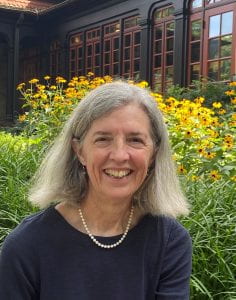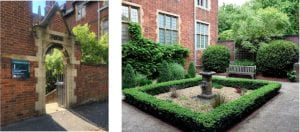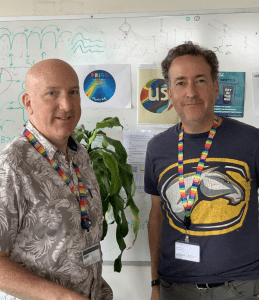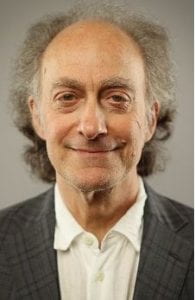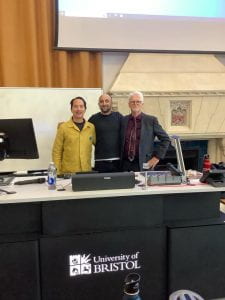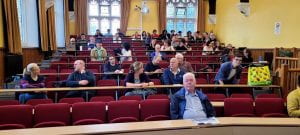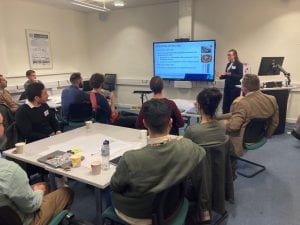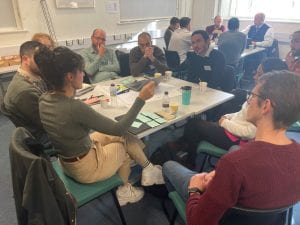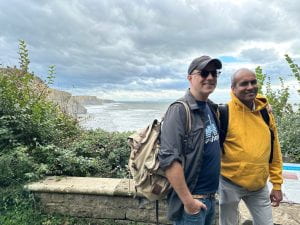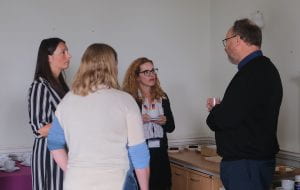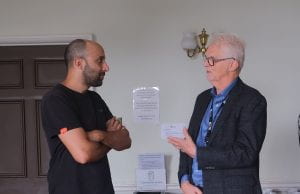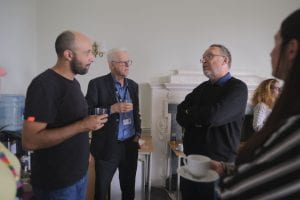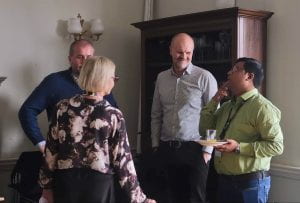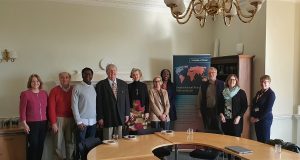Introduction
On Tuesday 31st October, the Deputy Vice-Chancellor and Provost of the University of Bristol, Professor Judith Squires, hosted a celebration for University staff involved in international research collaboration activities. Among the attendees were the International Research Development Team and academic staff who have hosted international visiting researchers, as well as colleagues from Bristol University Press (BUP) who champion and support international co-authored publications and the authors, editors and board members who have supported BUP’s mission and contributed to its success and development.
During a set of speeches, Professor Squires thanked attendees for contributing to the University’s international research activities, and introduced the International Research Development Manager Dr Lauren Winch who provided a summary of Bristol’s International Research Development portfolio. Some highlights from her speech are included below.
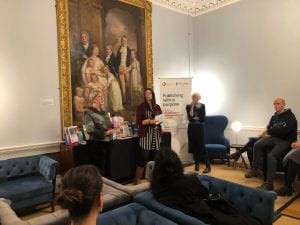
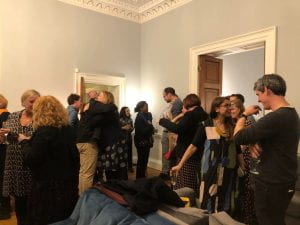
A brief history of the International Research Development schemes
The International Research Development portfolio of schemes has at its heart an ambition to build a global community of scholars and to enhance the University of Bristol’s international reputation for research excellence and innovation. The portfolio’s flagship scheme, the Bristol Benjamin Meaker Distinguished Visiting Professorships, has its roots way back in the 1970s and has seen various iterations over time whilst remaining true to its core purpose of supporting world-leading, curiosity-driven research. Until relatively recently this scheme sat within the Institute for Advanced Studies (IAS). However, following a review in 2019 the IAS was discontinued and this portfolio of activities was re-established as part of the Research Development International team in the Division of Research, Enterprise and Innovation (DREI).
The portfolio is currently managed by Dr Lauren Winch with support from Sarah Watts (secondment cover for the substantive Research Development Officer, Samantha Barlow). It also benefits from the guidance of the Head of Research Development International, Dr Tiernan Williams, and the academic leadership of the Pro Vice-Chancellor for Global Engagement Professor Agnes Nairn, as well as support from colleagues within DREI.
While the team have retained the flagship Benjamin Meaker scheme, with some tweaks, the wider portfolio has been redeveloped and reimagined in recent years, with a number of new schemes and an enhanced focus on international research development. The Meaker scheme itself continues to attract world-leading scholars from all around the globe to come to Bristol and undertake curiosity-driven research with their University of Bristol hosts as well as engaging with our wider community, both at the University and beyond. In complement to this, in late 2019 a new Bristol ‘Next Generation’ Visiting Researcher Programme was launched, designed to support researchers to undertake blue skies research projects, exploring exciting, innovative new research spaces. Whilst the Meaker scheme is only for distinguished Professors, this new ‘Next Generation’ scheme opened the door for rising stars who might be less senior in their careers but who have shown great potential to become the distinguished Professors and research leaders of the future.
In response to the challenges of the pandemic for international research collaboration and mobility, a new new online collaborative workshops scheme was launched in 2020. This has since evolved into Bristol International Research Collaboration Activities, supporting a range of activities which can be online, in-person, or hybrid.
All of the schemes in the portfolio are intended to catalyse and cultivate ongoing research collaborations which lead to outputs including funding bids and publications. Therefore, in 2021, the Bristol Benjamin Meaker Follow-on Fund was launched to support either reciprocal or return visits, to facilitate further research development and outcomes from Bristol academics and their visitors from either the Meaker or Next Generation schemes building directly on the developments of the original visit.
Celebrating the IRD schemes
The IRD portfolio of funding schemes have led to a wide range of outcomes, including co-authored publications, policy changes, co-supervised PhDs, and real world impact. Over the last four years since the relaunch in late 2019, despite the hiatus in international travel during the peaks of the pandemic, the team has made 56 new awards. Of these, 26 awards have been in the last year alone, showing real growth and appetite among our community to resume international research development activities as we start to emerge from the pandemic. These 56 awards have brought visitors to Bristol from 17 different countries from all six of the populated continents. They have been hosted by University of Bristol academics from five of the six Faculties (and all three of the new Faculties) representing 22 different schools and departments across the University. These curiosity-driven researchers have explored a huge range of topics: from the role of British gospel choirs to the big bang and quantum gravity; from cleft palates to climate change; from Mendelian randomisation to multidimensional child poverty in Pakistan; from decolonising dentistry to dynamics of volcanic systems; and from sacred topographies to supercapacitators.
To date, the schemes have brought over 500 visitors to Bristol representing a wide range of disciplinary and methodological approaches. The current portfolio stands on the shoulders of the fantastic achievements made by the IAS and colleagues who have supported the Meaker scheme in the decades since it first launched. The IRD team were really proud and pleased to be able to bring together award holders from recent years to celebrate the successes of the reimagined IRD portfolio, and to thank each and every one for not only hosting visitors but for actively engaging and collaborating with them, developing exciting, valuable and impactful research and shaping the global research landscape together.
Authors: Lauren Winch and Sarah Watts

